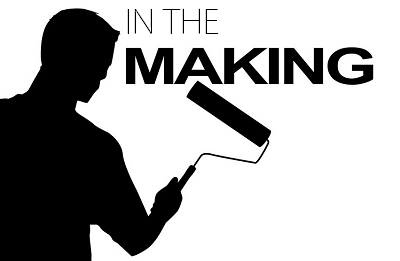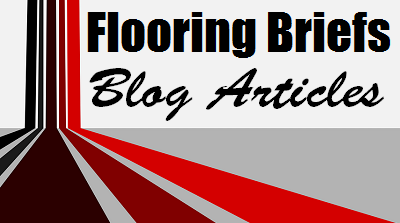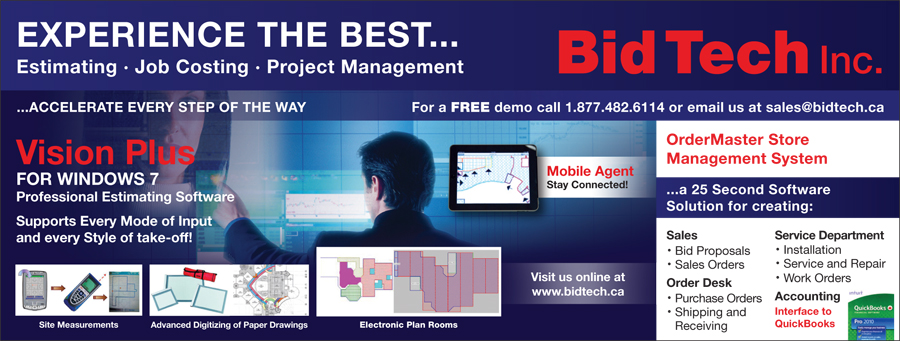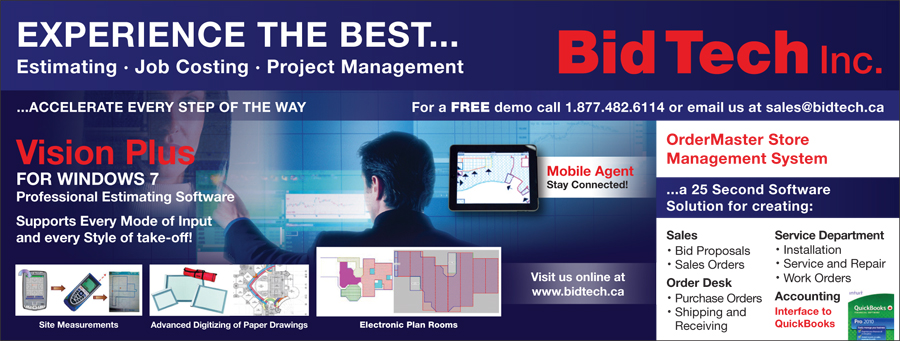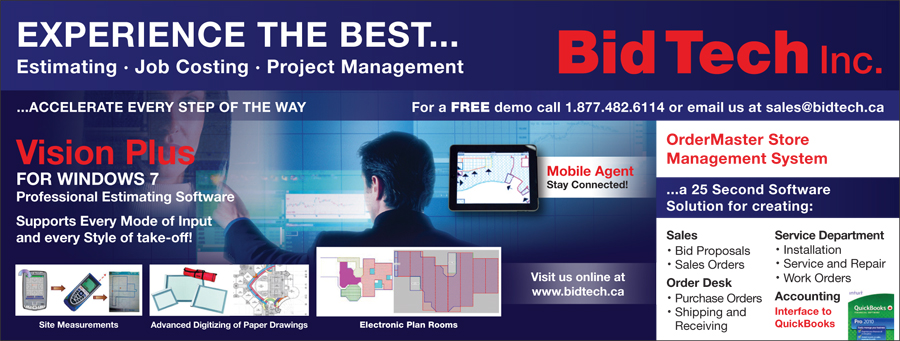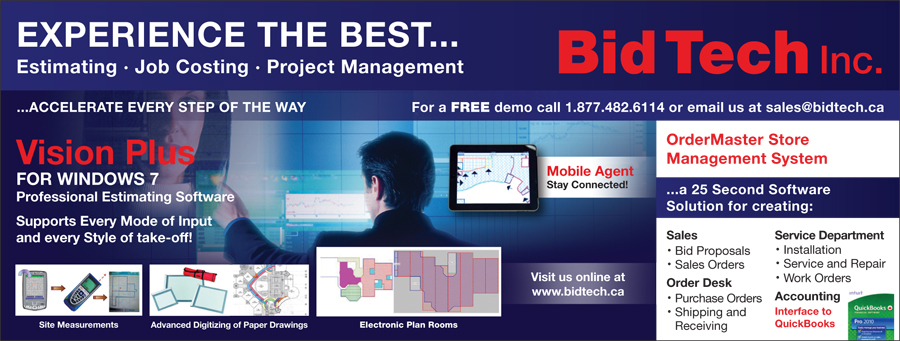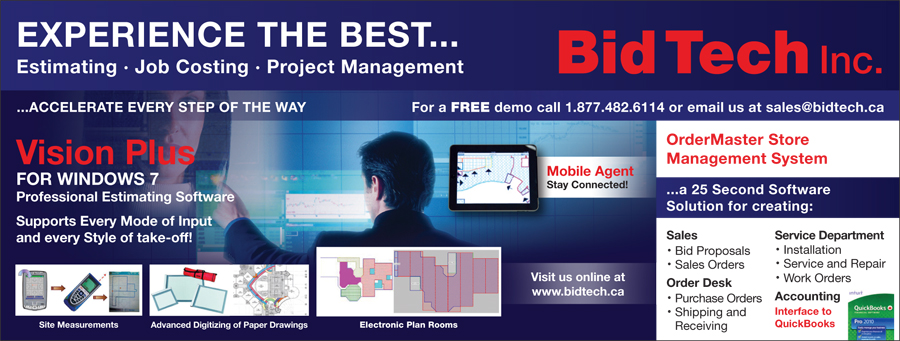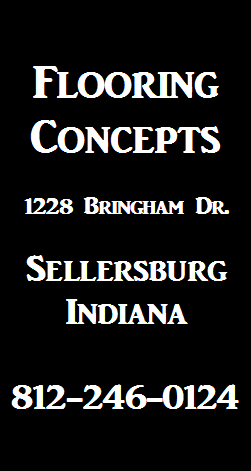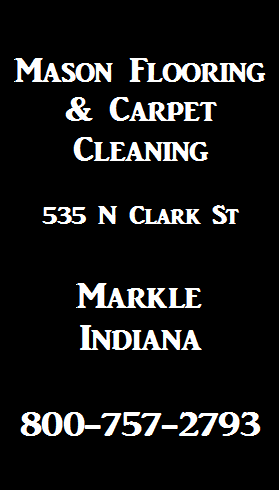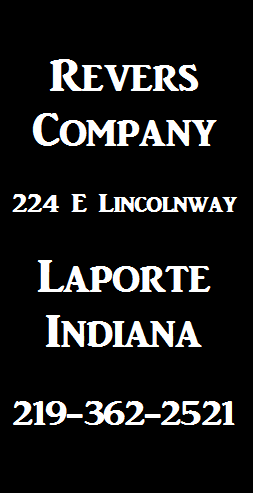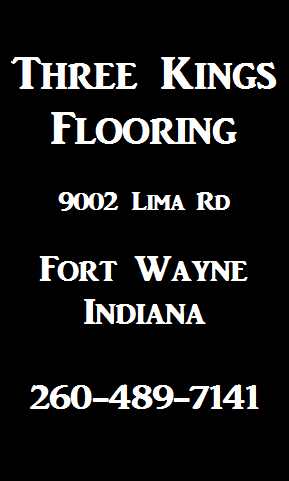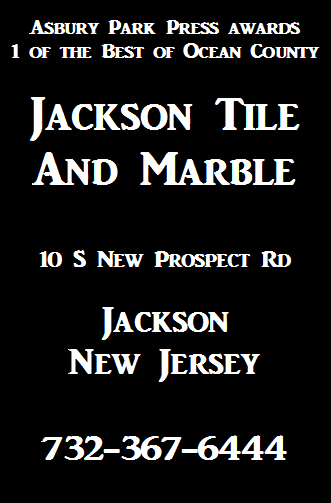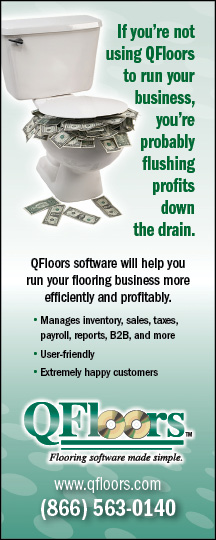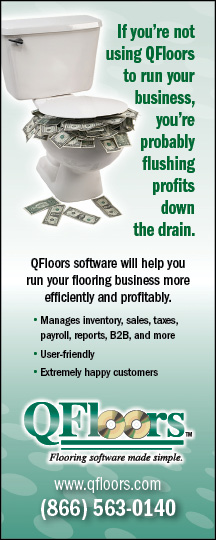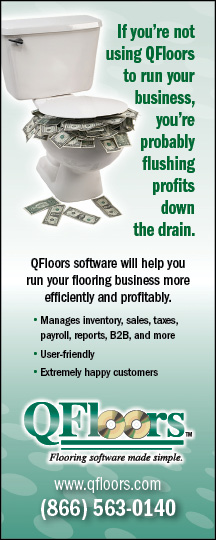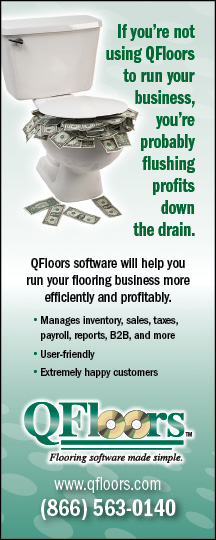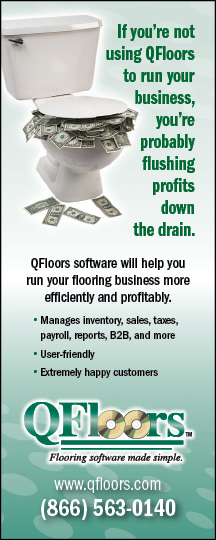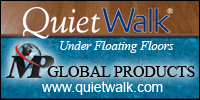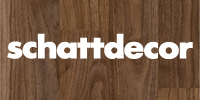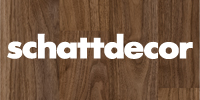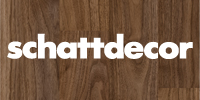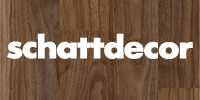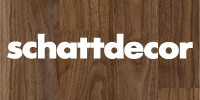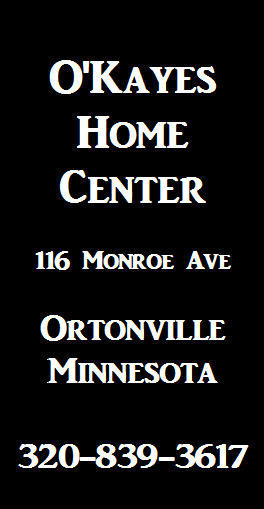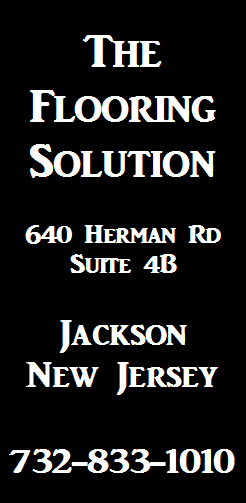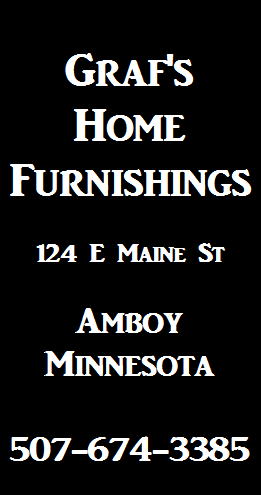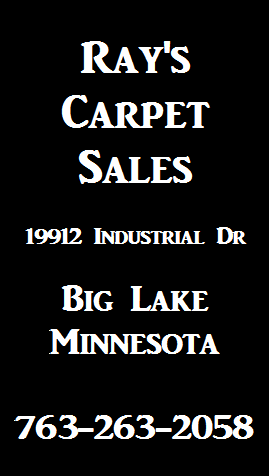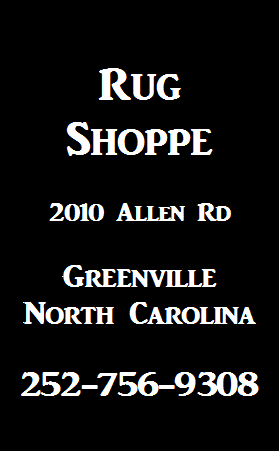

Accounting software that puts you on the 'winning side' of the numbers game:
Perhaps you are part of the decision team purchasing accounting software or perhaps you are part of the research team responsible for providing materials.
Or maybe you happen to be an employee of an accounting software supplier, in the sales or marketing department, who is open to ideas and suggestions.
Regardless, you are likely to find this particular feature an informative read. This feature was published right after tax season; so that decision makers possibly in the market to: purchase new software, update existing software or replace existing software, have some time to properly evaluate and review the merits of what a technologically evolving and competitive marketplace offers.

Before exploring the subject of specialty accounting software; ideally suited for the needs of your business, as it serves the flooring industry, lets review the general purpose that accounting software typically provides for the majority of industries, according to Wikipedia.org.
Wikipedia is a useful encyclopedia developed to make collaboration effortless. Written collaboratively by the people who use it, as an educational resource, Wikipedia describes accounting software as an efficient application software; that records and processes accounting transactions in functional modules for accounts payable & receivable; for payroll, trial balance and general ledger.

Accounting software is essentially a company's accounting information system. Accounting software can be developed in-house or by organizations using it. Accounting software could be purchased from a third party software supplier, or it might be a combination of a third-party application software package with local modifications. Accounting software varies significantly; both in its level of complexity and cost in a market undergoing considerable consolidation since the mid-1990s. Many suppliers have ceased to trade or have been acquired.
The accounting software suited to fufill the particular needs of your company, depends largely on the volume of inventory carried, the market served and the link in the chain of distribution. Whether you are a flooring manufacturer, distributor, retailer typically determines the type of accounting software that is the right fit.
Accounting software systems range from those supporting companies serving horizontal markets to those supporting companies serving vertical markets. The right type of accounting software should make the exchanging of offerings that your company supplies, convenient for your internal customers using it and pleasant for external customers benefitting from it. Sold by the module or the package, Accounting Software could be purchased in one (1) of two (2) ways: either with segregated modules or packages (functioning independently of each other) or integrated ones (functioning in tandem with each other). One of the reasons that flooring suppliers frequently choose to purchase their accounting software with integrating modules or packages is because of who benefits from this type of accounting information system. Those who benefit are: the accountants balancing the books, the clerks processing the orders, the sales representatives earning the commission and the customers paying the invoices and many others.
Without having to reenter information, integrated accounting software creates invoices, generate sales and commission reports and flags inventory as sold in real time. This prevents selling same items; differentiates between items paid versus items billed, which depending on the type of transaction, updates cash receipts (for items paid) or updates accounts receivable and general ledger (for items billed). Redundant entries are unnecessary with integrated modules or packages, which are updated together; a convenience likely to reduce redundancy, satisfy the company's internal customers (accountants, clerks, sales representatives and the support staff and others); and satisfy the company's external customers (the people who pay the bills). Improved operational efficiency, resulting from integrated accounting software, can even help with inter-departmental cooperation, if that is an issue in your company.

Popular accounting software for a company in start up phase is Quick Books; According to Mr. Joe Flannick, President of American Business Software, Inc., "Well over half of the flooring companies start with Quick Books accounting software. This software handles most all of the needs of the typical floor covering retailer, it's readily available and it's relatively inexpensive. This software works pretty well up to the point where the retailer stocks inventory. Once a company starts to stock inventory, they typically outgrow Quick Books software. The problem is that Quick Books is too "generic" and can't handle inventory for items like ceramic tile, stone, carpet and sheet vinyl. Generic inventory control software assumes you buy the product in a specific unit, such as cartons. You then sell it in cartons or pieces."

The popular Quick Books accounting software is not the only starting point; available to flooring retailers, according to Mr. Chad Ogden, President/CEO of QFloors; a supplier that offers proven solutions for the retail flooring industry. Ogden said the accounting software his company provides is "designed to help retail flooring companies streamline their businesses, it handles inventory, sales, accounting, payroll, reports, job costing, taxes, lead tracking, invoices, and more. Ogden added that his company's software "works with retail flooring, new construction, commercial, multi-family housing, and distribution."

Click here to review the QFloors press release prepared by Charlene Holden, the company's marketing manager, which announced an asset acquisition made in 2013. Click here to learn more about QFloors products; accounting software solutions for the flooring industry. Click here to meet QFloors' staff.

Comp-U-Floor is a flooring software supplier serving thousands of customers. It was developed and is maintained by the Maitland, Florida-based, Aya Associates, Inc. This supplier has been around for quite some time. They have been serving the flooring industry since 1978. This supplier is an authority on software; familiar with the first IBM systems to the latest .Net based solutions.


They are a leading provider of Microsoft Windows and SQL based software to the flooring industry; throughout the US and Canada. Their windows client base now has over 500 locations with over 2000 users; the majority of which are companies with yearly sales ranging between $1.5 million and $100 million.

Service is the cornerstone of this supplier, according to Edgar Aya, President, "Our hosted system alone has over 15 national clients with over 150 users. We are very much a service oriented company. We have an outstandingly dedicated software support department that has been staffed to serve both the east and west coasts." The company provides specialized user training to each of their clients. Their flagship product, the Comp-U-Floor business system, receives regular software updates to ensure continued relevance and competitive edge. Flooring suppliers are likely to recognize the added value integrated software solutions provide. Accounting software modules include: Accounts Receivable, Accounts Payable, Cash Reconciliation, Bank Reconciliation and General Ledger. Comp-U-Floor's fully integrated modules for sales, purchasing and inventory have grown over the years to serve thousands of users, across the United States and Canada.

Comp-U-Floor serves the flooring industry with a range of offerings in addition to their "Accounting Software"; including a "Wireless Warehousing System"; covered in the segment, dedicated to barcoding software. Curious readers can look forward to the barcoding software segment the week of May 26, 2014.

As the smaller companies begin to grow into mid-size and larger companies, additional departments are created to manage the resulting complexities. Competing interests are likely to arise in the company's departments; such as the ones below, which could make compromising on functionality expectations of the accounting software somewhat challenging for the software suppliers.


With Competing Interests:
Accounting & Finance
Administration
Customer Service & Support
Human Resources
Information Technology
Installation Crew
Operations
Production & Manufacturing
Public Relations
Research & Development
Sales & Marketing
Accounting software ideal for a flooring company in growth phase depends on: the number of years the company has been serving this market; the types of customers doing business with the company (manufacturer, distributor or retailer); the volume of inventory levels the company is required to maintain (varies from store back rooms to warehouses) the type of products stocked; the units of measure for products sold (square yard, square foot, linear foot, square metre or other) and the method of shipment for products delivered (containers, cartons, boxes, single pieces, rolls, component pieces).
Generic software becomes problematic, as a company enters its growth phase. More inventory means more units of measure. Flannick confirmed this fact by stating that "much of the inventory for flooring companies is different than "pieces in" / "pieces out". Although ceramic tile comes in cartons / pieces, it's typically sold by the square foot. In addition, in some cases the square footage entered must be rounded to the next full size piece or carton. While there is a fixed number of square feet per carton, it's a third unit of measure which the software can't handle."
Flannick added that "another problem with generic inventory control software is that it doesn't understand dye lot and run numbers. Generic software assumes that one carton of a given SKU is the same as another carton. When installing field tile, you need to make sure that all the field tile for a given room comes from the same dye lot or run number. You wouldn't use field tile from different dye lots on the same wall just like you wouldn't use rolls of wall paper from a different dye lots in the same room. Generic inventory control software doesn't understand dye lots; it treats all cartons of the same SKU as being equal." Require accounting software to understand dye lot and run numbers? Chances are you may be be less tolerant of critical 'unit of measure' limitations that generic accounting software imposes.
Flooring companies serving this vertical market, in growth phase, recognize the importance of managing assorted flooring products in inventory. Flannick explained "once a company stocks inventory, they will start looking at software specifically designed for their vertical market. As a company's inventory grows, the importance of handling that inventory properly grows as well. The more inventory the company has, the more important the ability to handle inventory becomes. Many retail stores have a large amount of money invested in this inventory. As the inventory investment grows, it becomes more important to know what items are selling, where these items are located in their warehouse, what products they need to reorder and the amount of money you're making on these products. POS (Point-of-Sale), pricing, security and commissions become more complex. Commissions are more likely to be based on a sliding scale related to gross margin, not just simply a flat percentage of the sale." If you feel that your company is growing out of their generic accounting software, it might be time to consider upgrading to a more suitable type of ERP software.

Flannick pointed out "of all the typical ERP (Enterprise Resource Planning) software, the accounting software is the most "vanilla". With a few exceptions like Enron and Bernie Madoff, most companies (and hence most accounting software packages) follow generally accepted accounting principles. If a company is looking for software beyond accounting, such as inventory control, point-of-sales, or sales analysis, I would recommend the company start there first. Once you're set on inventory control software, then find out what accounting software it comes with or what accounting software it integrates to."
During the learning curve, determining whether the decision makers have allied interests or competing ones is valuable information. Choosing the right product is easier if the decision team has allied interests and preferences with respect to accounting software. One of the challenges is reaching a compromise between those particular individuals on the decision team with competing interests.

Focusing on the bigger picture is likely to resolve any competing interests between people on the decision team, according to Flannick, who said that "when a company purchases software, normally there is more than one person involved, each with competing interests. Regardless if someone is in sales, inventory control or accounting, people want to select the software which makes their job easier. Many times this selection is without regards to other areas of the company. I recommend looking at the big picture first and then finding a balance that best meets the company's needs, not necessarily the needs of one specific person."

Flannick remarked that "we find more companies looking for "cloud" based solutions these days. There are certainly some benefits to going this route. The company doesn't need any in-house infrastructure or technical expertise. Even some companies with technical expertise elect to use a cloud-based solution. Just because you know how to do your own laundry doesn't mean you don't prefer to have your shirts done by the dry cleaner down the street."

Flannick added that "I would like to make two more notes. The first is regarding service and support after the sale. I recommend a company calls a few other companies that are using the software to see how good the service and support is after the sale. For example, car insurance companies are all great at taking your money, but what happens when you get in an accident? With software, it's only a matter of time before you experience some hardware or software problem. The second point deals with customization. Most off-the-shelf accounting software packages don't offer customization. At least make sure there is a way to export data to another electronic medium such as Excel. It might be as simple as producing a spreadsheet to be sent to Vista Print. It gives the company an ability to analyze their data in a way the software vendor doesn't offer."

Flannick's case made for customized accounting software is a convincing one. He says that "once a company moves beyond accounting, customization becomes even more important. Typical software "best practices" tell clients how to structure their business around the way the software vendor wrote their software. This "cookie cutter" approach doesn't consider things that distinguish a company from it's competition. The ability to fine tune and customize for a company's unique way of doing business, becomes far more important as the company grows. Otherwise it can be like having the tail wag the dog, rather than the other way around."

Customizable accounting software is adaptable and capable of supporting your customer's evolving needs. If your company has the discretionary funding or access to available credit, this investment offers flexibility and accomodation for functionality modifications.
Responsible for making a final decision? Tasked gather supplier information? Reviewing questions below might be somewhat helpful for the decision team, the research team and any other departments involved in the project affected by the decision.
What are the expectations from the customizable accounting software?
Which departments have special functionality requests of this software?
Do the people on the decision team have allied or competing interests?
What concessions are feasible to bring balance to competing interests?
What particular modules/packages serve the interests of the company?
Has the decision team agreed on a budget for the accounting software?
Has the decision team agreed on a time frame to implement this project?
Marketing and sales teams tasked to market accounting software products and prepare accounting software sales presentations; interested in adding to the initial list of questions above, are encouraged to submit their questions to: bettyyokel@floorcoveringmedia.com.

This concludes the feature on accounting software, the April segment of the spotlight series; providing periodic coverage on the subject of flooring industry software, brought to you by Floor Covering Media. Click here to reach an alphabetical listing of accounting software suppliers located around the world.

Floor Covering Media, a business network serving the floor covering industry, provides readers timely, objective news and information about flooring topics.

Readers may conveneintly retrieve this timely, objective news and information at Floor Search.info, which is Floor Covering Media's public search engine.





